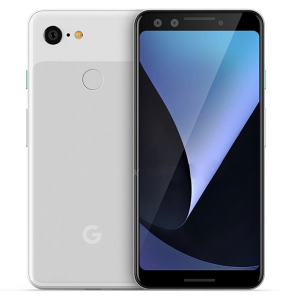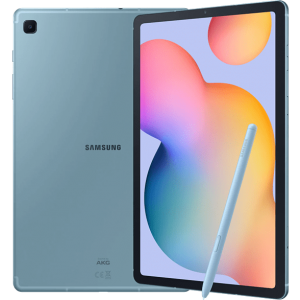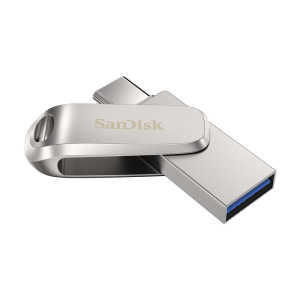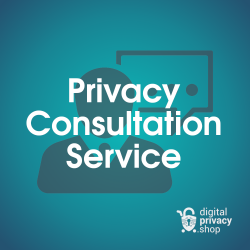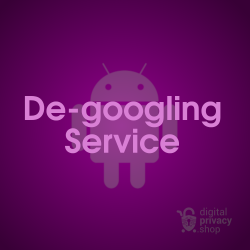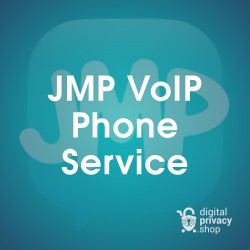If you are seeking privacy on a smartphone you may ask the question, "Is there a way to be completely private or at least anonymous?" Complete privacy on a modern smartphone is elusive at best and usually short lived. Therefore anonymity is a better strategy.
TIP: Think of the smartphone like a system with four major components: hardware, operating system, apps, and network communication. We will discuss each component in detail.
Start with a de-googled device
Let's begin by discussing the hardware and operating system. A de-googled device is an Android-based smartphone or tablet whose operating system has been replaced with a privacy-focused operating system like CalyxOS or GrapheneOS. As soon as you get a de-googled phone or tablet, Google no longer has direct access to your data or device identifiers like the IMEI, MAC address, IP address, and serial number. This is because the de-googled operating system does not contain the proprietary (closed-source) software like Google Play Services that make it possible for personal identification and tracking. Background network queries like connectivity checks, network time protocol (NTP), and location services no longer communicate to Big Tech servers (at least in most cases).
Use apps that respect privacy
Apps that come pre-installed on a de-googled device such as the dialer, messaging, calendar, camera, and browser are open-source privacy-respecting apps. Installing privacy-respecting apps that are open source and do not contain trackers is the best way to remain "degoogled".
CAUTION: Buying a de-googled phone and installing apps like Facebook, Google Maps, and Instagram defeats the purpose of being de-googled. Don't give Big Tech the opportunity to follow you again.
Privacy limitation of cellular networks
WARNING: A modern mobile phone is constantly communicating location data to cellular towers even when no SIM card is installed.
The base-band modem in your mobile phone is designed to constantly communicate with cell towers. Have you ever noticed the "Emergency Call" option is always enabled? In the United States, the Wireless Communications and Public Safety Act of 1999 required all mobile phones to transmit location information through the cellular towers for the purpose of locating someone when a 9-1-1 emergency call is placed. Even without a SIM card, an emergency call can go through. Therefore, your mobile phone is basically a location beacon. The only way to prevent this is to put the device in a Faraday bag.
Therefore, if a gov't authority has a reason to locate you, it can be done assuming you use a traditional wireless service or if the International Mobile Equipment Identity (IMEI) of the phone hardware can be traced to you.
Wireless carriers and SIM cards
By installing a SIM card registered in your name from a telecom company, they immediately have access to your device's location, voice calls, SMS/MMS text messages, and any data that is not encrypted.
If you move your existing SIM card to your new de-googled device, the mobile carrier will correlate the device IMEI by way of the International Mobile Subscriber Identity (IMSI) on the SIM card. So if you're trying to keep this phone completely anonymous, that's not going to help.
An option is to acquire a new SIM card (and new phone number) from a completely different carrier to use with the de-googled phone. In this situation data previously collected about you won't follow you to the new de-googled device. But depending on your carrier, the telecom company may collect data going forward.
How to protect your privacy while making calls and texts
In order to maximize privacy and minimize data collection, let's review several ways to use the device for it's primary purpose... making voice calls and texts, and how each affects privacy and anonymity.
Mobile plan / SIM from a traditional carrier that knows your identity
This is the least private option but we often compromise and accept that a wireless carrier will know our identity. However, for those that mainly want Google, Apple, and Big Tech out of their lives, this option may be a good solution. Use a VPN or route traffic through the TOR network with Orbot when browsing the internet, and try to get friends and family to use encrypted messaging apps instead of standard voice calls and texts. When the phone is not in use, put it in Airplane mode or a Faraday bag.
Mobile "data-only" plan + VoIP service
This option significantly reduces data collection by the wireless carrier. Even if the carrier knows your identity, they no longer have access to voice calls and texting data because calls and texts are made through Internet Protocol instead of the cellular network. First, pay for a data-only plan (no voice calling or texting) from Tello or JMP.chat. Then use a VoIP service from JMP.chat, Brax.me, or Hushed to make phone calls with a real phone number. You'll need to install their app to make calls. Remember to use a VPN for browsing the internet and secure messaging apps instead of SMS texting whenever possible.
Wi-Fi only + Secure messaging apps (no phone number)
This in theory is the most private option and requires discipline to only communicate using encrypted voice/chat apps. The challenge will be to get all friends and family to use the same messaging apps. Then what about 2-factor authentication for banking, or calling an electrician or plumber? Ordering take-out? Maybe that's where a landline or second smartphone comes in handy.
Mobile plan / SIM from traditional carrier obtained anonymously
This option requires more effort up front and real anonymity may be short lived. At least in the United States, one can still purchase a pre-paid phone plan and physical SIM card from a retail store using cash. During registration with the carrier, a pseudonym is used instead of a real name, and temporary mailing address, and email alias are given. In some cases, registration of the SIM does not require any personal information. Once signed up, the monthly phone bill is paid with pre-paid gift cards. So in theory, the carrier doesn't know the user's real identity. Another option is to purchase the phone plan and a "Burner Phone". This method requires extreme discipline when using the device, otherwise true anonymity is short lived.
Mobile plan / SIM advertised as "anonymous"
Some companies offer plans with SIM and eSIM packages that claim you will remain anonymous. They do this by not requiring know-your-customer (KYC) data, or personal information, when you sign up for their plans. So in theory, the SIM's identity is associated with the company providing the service and not the end user. To be sure of this, it's best to pay with Monero or other privacy cryptocurrency. Just remember that even if you trust the company not to collect or keep any personal information, your SIM card still has an IMSI (identity) that is tracked by the telecom that owns the cell towers. So again, you must be extremely disciplined in how and where you use the device, otherwise anonymity is short lived.
Conclusion
It is not easy to be completely private or anonymous and use a SIM card. Which configuration you choose depends on your threat level and how much personal information you're willing to give up. The right answer is what you decide is right for your particular use case.

